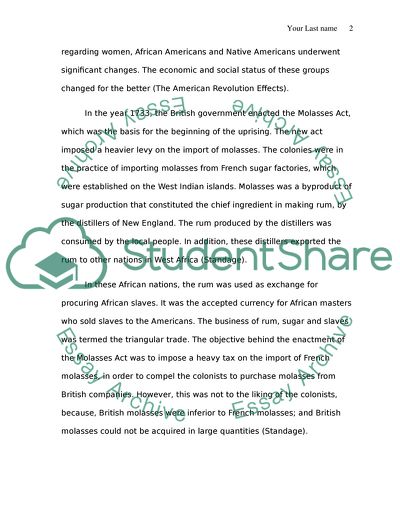Cite this document
(The Magnitude of the Revolutionary War Essay Example | Topics and Well Written Essays - 1750 words, n.d.)
The Magnitude of the Revolutionary War Essay Example | Topics and Well Written Essays - 1750 words. https://studentshare.org/history/1716692-the-magnitude-of-the-revolutionary-war
The Magnitude of the Revolutionary War Essay Example | Topics and Well Written Essays - 1750 words. https://studentshare.org/history/1716692-the-magnitude-of-the-revolutionary-war
(The Magnitude of the Revolutionary War Essay Example | Topics and Well Written Essays - 1750 Words)
The Magnitude of the Revolutionary War Essay Example | Topics and Well Written Essays - 1750 Words. https://studentshare.org/history/1716692-the-magnitude-of-the-revolutionary-war.
The Magnitude of the Revolutionary War Essay Example | Topics and Well Written Essays - 1750 Words. https://studentshare.org/history/1716692-the-magnitude-of-the-revolutionary-war.
“The Magnitude of the Revolutionary War Essay Example | Topics and Well Written Essays - 1750 Words”. https://studentshare.org/history/1716692-the-magnitude-of-the-revolutionary-war.


